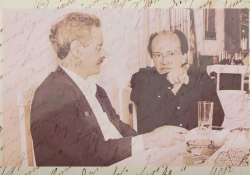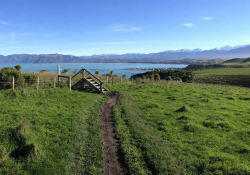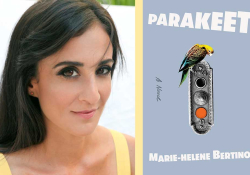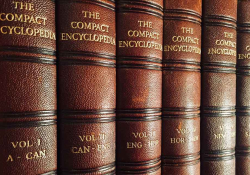“Something More Broken”: A Poem and Meditation
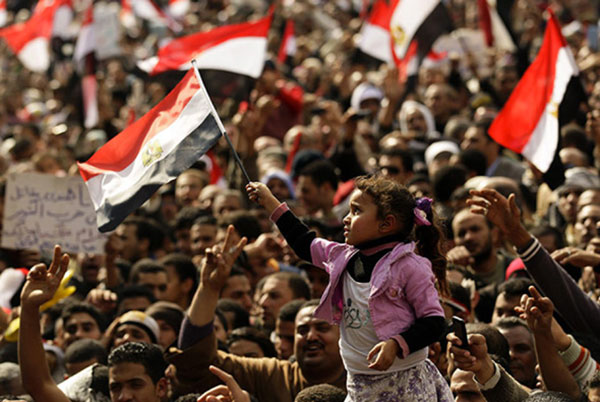
afterwards –
Dates. The poem, for years afterwards, is marked by the time of its composition. A few minutes before I send it, I add a word to the title and then delete it. The date speaks more than the poem can. It is a date of a time afterwards, of squares emptied by force. But not only squares—roundabouts, houses, bodies, streets, long and winding paths from countryside to city, from city to city, breath carried by air, by smoke, by electrical current, by wire, by water.
I live between two calendars, sometimes three. The other ones lie silent underneath, like a heartbeat, the movements of blood. Yesterday I mourned a death with my family. A singular death. An ordinary death. My mother recalled the company this man gave her at a time of trial, a difficult time in the political and economic history of my country. She mentioned how deep his faith was, how he would disappear to the mosque each time the soldiers came, so that she would be in the house, in the shop, alone to greet them. My mother’s voice was measured, her tone grief-stricken, hard, ironic. This happened a long time ago, but time collapses upon death.
Not long after I wrote the poem, we fled the sanctuary of that lovely retreat in search of higher ground, shelter from an immense wave coming toward us at an incredible speed, all the way from Japan.
This poem was written in spring. That particular spring, a miraculous season, it seemed at its beginning—a spring that promised to remain endlessly regenerative, that would split open time and show its broken heart. The poem was written on an island off the coast of the Pacific, in the company of five poets, all women, all American, except for myself. The poem was written alone, inside a cold shed that also served, at the time, as the computer room, the only place where the Internet was available to me. It was past midnight as I assembled the poem. I wrote it because of all that I could not say in the company I was in; I wrote it to make sense of what made no sense to me. Not long after I wrote the poem, we fled the sanctuary of that lovely retreat in search of higher ground, shelter from an immense wave coming toward us at an incredible speed, all the way from Japan.
Almost five years have passed since the writing of the poem. Those fast-moving walls of water dissipated along their journey and arrived strangely gentled. Friends tell me that waves still arrive on that island bearing the ocean’s detritus—a child’s toy, a machine part, a broken piece of furniture, tender domestic objects radiant with compressed energy.
This poem may not be a poem but something more broken, something that cannot hold itself. I am not good at genres, my mind, my body, finds itself turning, holding a hand out to gather. That month, that disappointed springtime. Even at the moment of hope, the eye glancing elsewhere, distracted—a trial in Ottawa, a film by Satyajit Ray, an Urdu couplet, Guantánamo.
This poem may not be a poem but something more broken, something that cannot hold itself.
Five years. The caged boy has been repatriated to Canada. His beard is firm, his body muscled and marked, but his ankle still carries a determining weight. On that other side, squares and streets continue to fill and empty. Now bodies fall from boats, from hands, from the edges of continents and containers. They wash ashore, radiant.
* * *
March 2011
The boys stand, one by one, in the docket. Our glance is schematic, televisual.
Judgment proceeds in order. A life, born and bred, then held – to the end. Our own?
That other one, a doctor, no less. Born in this place, marked “here.” What fear holds your only light in a fist? His mother was absent. How hard we worked to displace her.
Afterwards, the square was emptied of observers. Ashy heaps on the ground. Only smoke was seen to rise. We worried. Telephones grew cold against our mouths. What was voiced was only to be remembered, years later, after the velocity stopped.
Sheer velocity. There were no ambulances heard, or seen. Darkness of clouds strafed with zigzags of light.
So much paper, columns of words, then files of light flashing on computer screens.
We breached distances with breath, smoke-eyed jinnat circling the earth. We opened our eyes elsewhere, blinking hard to control our fear.
The squares fill, over and over again. A chequerboard laid across desert, mountain, water. White placards inked in red and black. Arabic, but English for the farthest camera, eyes slipping right to left, then back.
On the edge of that island, a man writes: Mother, my longing for you has consumed my heart . . . I feel your love . . . Saying always, Where is Imad? At night, he listens past the heavy-metal music they stream into his cage. Flies through walls. Swallows salt. Surfacing into the holy call of black-throated seabirds.
They provide us courtroom sketches, in place of photographs. One of the boys has grown soft hair on his face. We have been waiting for him for so long. Bruised child, fury hurtling from his hand, gathering.
Stillness. Breath held in our throats, yet. The sheer velocity of the machinery, he said. Come what may, the fire is expected, not about to be, but underneath, indolent.
In that film, two men played chess, interrupted. Cities brightened with red light, then dimmed.
The caged emperor will write a poem that we still read.

